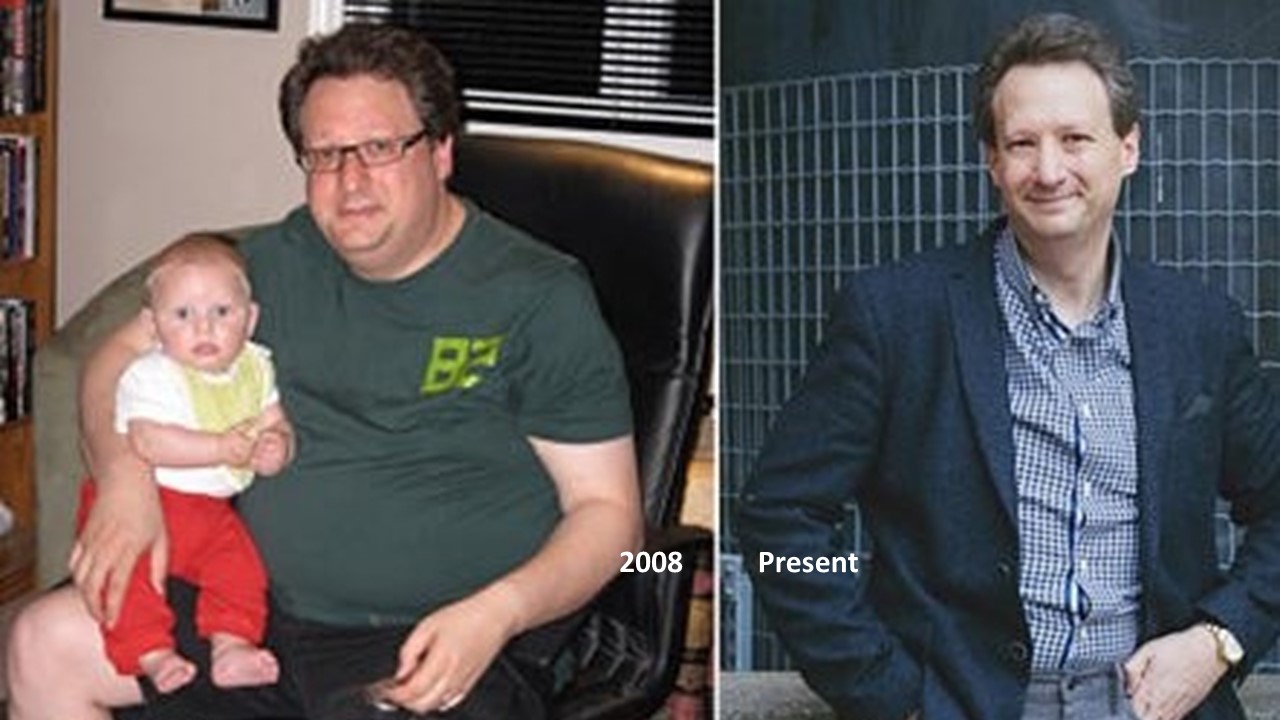I think those of us who have lost a lot of weight and kept it off for a long time know that guarantees like “Lose 40 lbs in 4 months” are useless promises and full of fluff. But I want to explore how this kind of thinking really impacts the “weight-loss relationship” between a client and someone who is counselling a person on losing weight, even if the relationship is between a client and a registered dietitian or even a physician.
I am sensitive to these kinds of guarnatees because in psychotherapy it is “bad form” to make promises like “I can cure your depression in 4 months” or “anxiety will be a thing of the past”. Ontario’s college of psychotherapists prohibits claims such as this and client testimonials, and I want to explain why they do that, and how weight-loss claims have a similar negative impact.
In psychotherapy, it is up to the client to lead how the session progresses, and clearly, every client is different. If you have an image of a therapist who sits back, says nothing and just nods and nods, you likely have a bad view of that therapist. While it is true that some therapists may not be practicing well when using that “technique”, we often we are waiting for the client to have their own breakthrough rather than having the therapist interrupt the process, or possibly plant an idea in the client’s head while they are doing their own thinking and work. In other words, we do not want to move the client any faster than the speed at which they are able to progress. This is fundamental to sound and ethical psychotherapy, and though complete silence may be bad form, it is often better to err on the side of silence than it is to talk and disrupt the patient.
However, imagine this scenario though – where a therapist says “I can cure your depression in 10 sessions.” By the 10th session if the depression isn’t cured the therapist needs to work at “warp speed” to get there. Alternately, if the client doesn’t feel cured after 10 sessions then the question becomes “whose fault is it that the promise wasn’t kept?” When dealing with a vulnerable population like therapy patients, many of them will assume it is their fault, especially if the patient feels that the therapist is all-knowing and highly educated, and feel worse after such a course of therapy. Hence the reason why therapists do not make any sort of guarantee or “time promise” about when someone can expect to feel better.
Now, lets apply the exact same thing to weight loss. If there is a promise to lose a certain amount of weight over a certain amount of time, the provider is going to unduly apply pressure to the client, whether the client is ready for it or not. I think many weight-loss clients will hear something like “Bob, it’s time to switch to vegetables. I know you’ve not eaten a lot of them in the past, but we’re trying to lose weight here, and you’ve been working at eating them in little bits, so let’s make a big change.” Bob is entirely set-up for failure if he must only eat carrots instead of carrot cake. And if Bob does not lose his weight in the required amount of time, Bob will look at the hundreds of testimonials of other clients that have managed to succeed on this plan and feel that he is at fault. It’s a very poor outcome for Bob either way. In fact Bob’s provider has a financial vested interest in insuring that Bob achieves the promised results. If Bob doesn’t achieve those results, and if there is any truth in advertising, the provider must lower his averages and be forced into reducing the promises he can advertise about. Hence the relationship between Bob and his provider is influenced by his provider’s financial gain!
If you don’t think this is a real issue, look at the following link about the Bernstein Clinics that operate in Canada. These clinics are run by physician Dr. Stanley Bernstein. The College of Physicians and Surgeons of Ontario launched a complaint against him saying that his advertising violated their guidelines. His lawyer argued that the regulations are unfair to Dr. Bernstein because other, non-physician providers can make any claims they want about the efficacy of their weight loss programs. The College’s position is that there must be some ethical standards for one of the most respected professions in the province regardless of what other providers may claim!
In my therapy practice, I see many patients who complain about their weight loss providers, and I often tell them there is an inherent conflict of interest between providers who promise results and patients themselves. I tell my patients that other providers must force them into diet and exercise plans they may not be ready for in order to reach the publicized goal. In contrast, I inform them my focus is on having them work through blocks to weight loss when they are ready and not on some arbitrary schedule that is no more than an advertisement. My patents appreciate the perspective and the time they are given to work at their own pace, because that leads to long-term weight loss – and really it’s the “long-term” that is the only time period that should count in weight loss.
